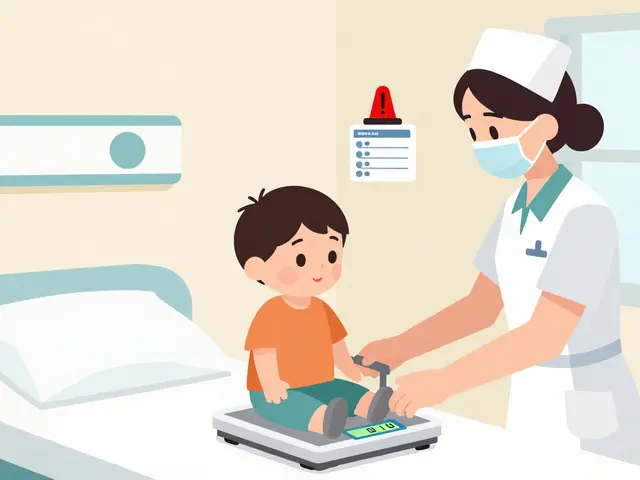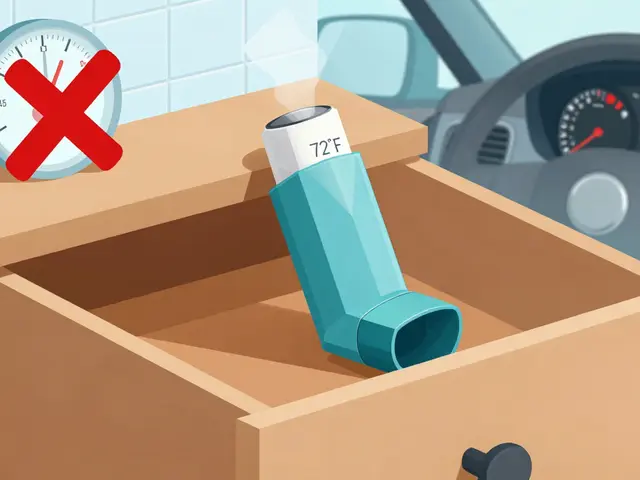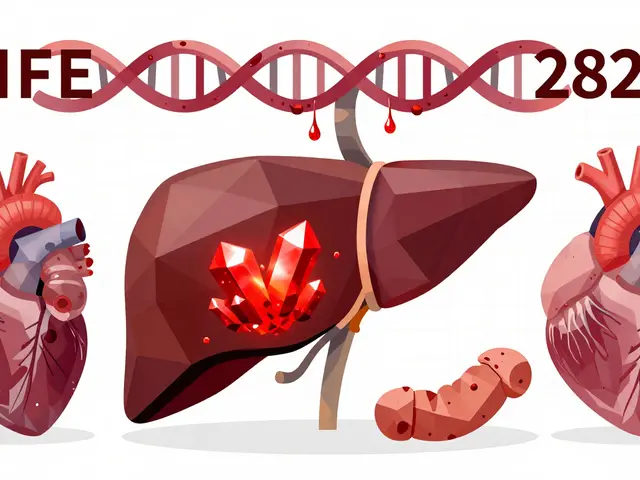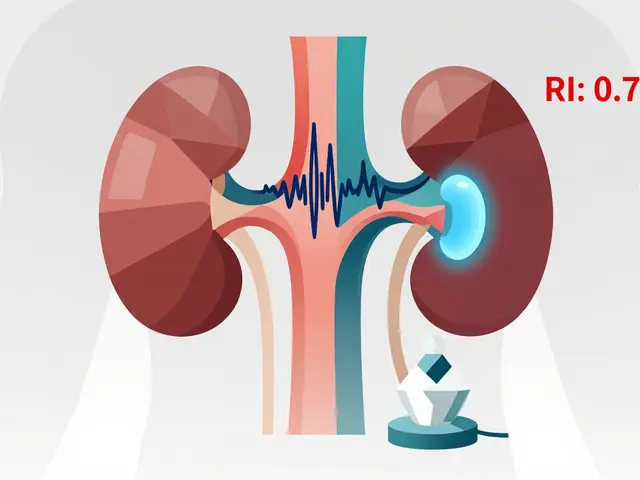Autoimmune Disorder: Symptoms, Treatment & Everyday Management
Your immune system should protect you, but with an autoimmune disorder it attacks healthy tissue instead. That can show up in many ways — joint pain, fatigue, skin rashes, digestive trouble or sudden changes in mood and energy. Around 5–8% of people live with some form of autoimmune disease, so if something doesn’t feel right, you’re not alone.
Common signs and how doctors find the cause
Symptoms vary by condition. For example, Hashimoto's often brings tiredness, weight gain and cold intolerance, while rheumatoid arthritis usually causes swollen, painful joints. Track what you feel, when it worsens, and any patterns tied to stress, food or weather — this helps your clinician. Diagnosis typically relies on history, physical exam and tests: blood work (like ANA, ESR, CRP), specific antibodies, and sometimes imaging or biopsy. One test alone rarely gives the full picture.
When should you see a doctor? If symptoms interfere with work, sleep, or basic activities, or if you notice unexplained weight change, persistent fever, or new numbness, get evaluated. Early detection often means simpler management and fewer complications.
Treatment options that actually help day to day
Treatment targets two goals: reduce immune attack and control symptoms. Doctors may use anti-inflammatory meds, disease-modifying drugs, or immunosuppressants depending on the illness. Thyroid autoimmune disease, for example, is commonly treated with levothyroxine to replace missing hormone and ease fatigue — we have a clear guide on that if you want specifics. Meds help, but they’re only part of the plan.
Practical daily steps matter. Prioritize sleep, aim for 7–9 hours; poor sleep spikes inflammation. Move your body in ways that feel good — gentle strength work and walking help mobility without flaring joints. Eat regular, mostly whole foods; some people find cutting back on highly processed foods and added sugar reduces flares. Keep vaccinations up to date, but check with your specialist about live vaccines if you’re on strong immunosuppressants.
Mental health is real here. Chronic symptoms wear you down. Talk therapy, stress-reduction exercises, or a local support group can change how you cope and even reduce flare frequency. Also, track your meds and labs: set reminders and keep a single chart of dose changes and lab dates so you and your doctor can spot trends fast.
If a flare hits hard — sudden high fever, severe breathing trouble, new weakness or loss of vision — seek emergency care. For routine changes, stay in close contact with your specialist and ask concrete questions: what signs should prompt a clinic call, how will we monitor side effects, and what are realistic treatment goals? Read our related posts on Hashimoto's and practical medication guides to learn more about specific conditions and safe medicines.
Autoimmune disorders are manageable with the right team and a few steady habits. Track symptoms, follow your treatment plan, and don't hesitate to ask for help when things change.
Graves' disease is an autoimmune disorder that affects the thyroid, causing it to produce excessive hormones. As someone living with this condition, I've discovered that boosting my immune system is crucial for managing symptoms and maintaining overall health. To do this, I focus on a balanced diet rich in nutrients, regular exercise, and stress reduction techniques. Additionally, getting enough sleep and staying up-to-date with vaccinations help strengthen my defenses against infections. By taking these steps, I am better equipped to live a healthy life despite the challenges of Graves' disease.
Continue reading...






